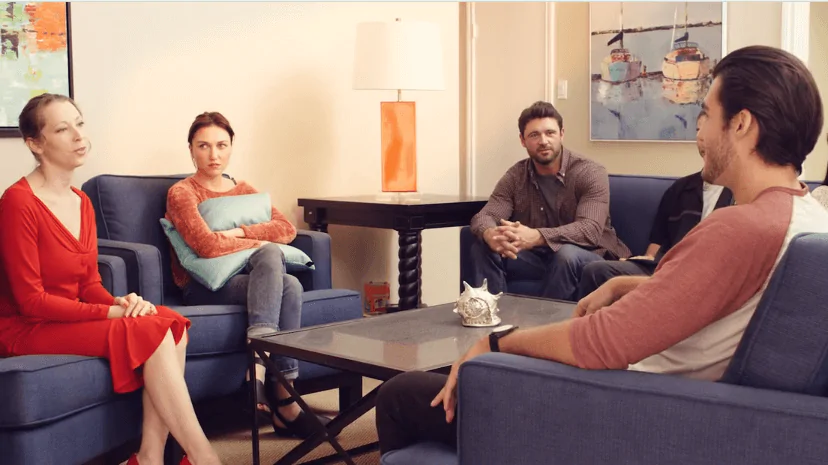24/7 Helpline:
(866) 899-221924/7 Helpline:
(866) 899-2219
Learn more about Dialectical Behavior Therapy centers in Sierra County
Dialectical Behavior Therapy in Other Counties

Other Insurance Options

Absolute Total Care

Group Health Incorporated

BlueShield

UnitedHealth Group

Magellan

Covered California

MVP Healthcare

Choice Care Network

Ambetter

GEHA

Kaiser Permanente

CareFirst

United Health Care

Evernorth

Sutter

Health Partners

Anthem

Multiplan

Cigna

Oxford



















Sierra County Mental Health
Sierra County Mental Health is a public rehab located in Loyalton, California. Sierra County Mental ...








































































